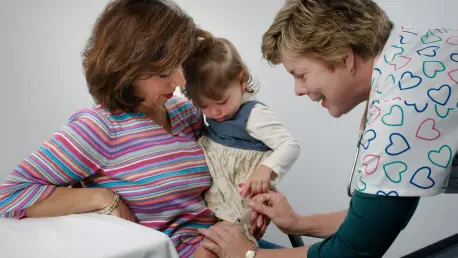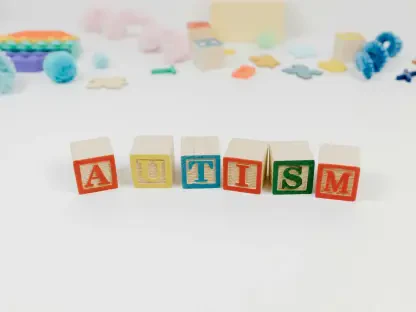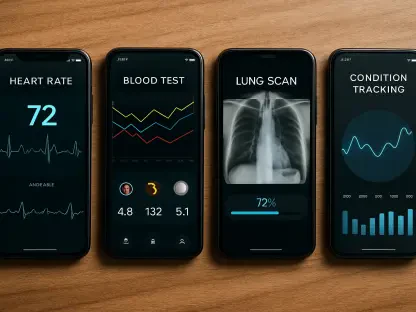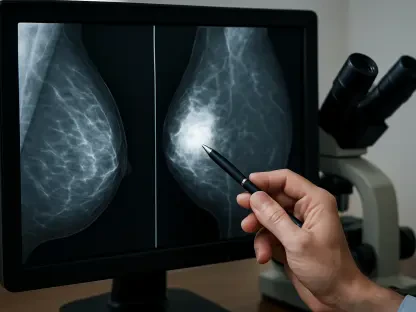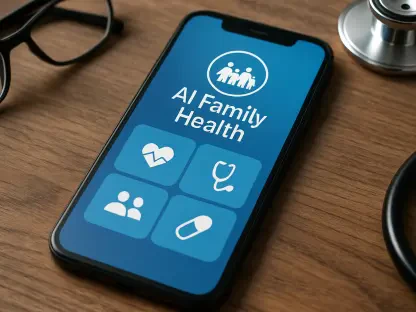Embedded in the scenic city of Vancouver, a new facility is taking shape to transform the landscape of care for children with complex medical needs. At the forefront of innovation is James Maitland, an expert in robotics and IoT applications who brings unique insights into how technology can drive advancements in healthcare. Today, we delve into the possibilities this facility holds for reimagining care dynamics, support systems, and professional training.
What are the primary objectives of the new complex care needs facility in Vancouver?
The main aim of the new facility is to create a more seamless care experience for children with complex needs by integrating a range of services in one location. It’s about making everything accessible via a central care team, which will align the necessary treatments and resources to enhance the quality of care and support families without them having to constantly shift between locations.
Can you describe what specific services will be available at the new center?
The center will offer both in-person and virtual care options, allowing families to choose what suits them best. It will also feature 16 suites designed for families to stay temporarily, which will be crucial for those needing extended access to services. This flexibility in care delivery is key to meeting diverse needs efficiently.
How will the new facility improve the care experience for children with complex needs?
By centralizing services, the facility aims to minimize the stress and time involved in coordinating various treatments. With everything under one roof, from specialist consultations to therapeutic interventions, families will experience less disruption in their daily lives while ensuring comprehensive care for their children.
What role does the central care team play in serving patients at this facility?
The central care team is pivotal, acting as the linchpin between different healthcare services and the child. They coordinate all facets of care, ensuring that each child receives personalized attention and that their care is coherent and streamlined, reducing administrative burdens on families.
How will the facility help families and caregivers navigate complex care and diagnoses?
By providing resources such as counseling, peer support groups, and educational workshops, the facility empowers families and caregivers with knowledge and tools. This support helps them better understand and manage their child’s condition, making them feel more competent and less isolated.
In what ways will the center reduce travel time for families seeking care?
With comprehensive services co-located within a single facility, families won’t need to travel between multiple sites for different appointments. This can significantly cut down on the hours spent navigating between health services, allowing more time at home or for other activities.
How does the facility plan to support health-care professionals with innovative training?
The center aims to be a hub for professional development, incorporating cutting-edge training techniques, possibly through technology like AR/VR simulations, to enhance the skills of healthcare providers. This translates to more effective care practices and better outcomes for patients.
Minister Osborne mentioned support for families and caregivers. How exactly will the center extend support to these groups?
The facility acknowledges the emotional and logistical challenges faced by families of children with complex needs. Osborne highlighted plans for extensive support, from psychological counseling to workshops and social events, thereby fostering a community where families can share experiences and advice.
How will the center incorporate services for the siblings of children with complex care needs?
Recognizing the whole family dynamics, the center will offer programs specifically tailored for siblings, ensuring they receive attention and support. This might include group activities and counseling, helping siblings feel included and better understand their brother’s or sister’s journey.
Ani Khoudian shared her experience with complex care. How does her story reflect the needs that the facility aims to address?
Ani’s experience underscores the necessity for integrated care platforms. Her story reveals how vital it is to have access to extended training and support at home, which the new center provides, adapting to families’ needs for holistic, long-term support.
What features of the center are specifically designed to support families like Ani Khoudian’s?
Beyond the clinical aspects, features such as residential suites, counseling resources, and peer support networks are specifically aligned to needs like Ani’s, providing spaces for rest, learning, and emotional sustenance for both the child and their family.
Why is the inclusion of an Indigenous healing garden significant for the new facility?
The Indigenous healing garden is significant as it represents a commitment to inclusivity and cultural sensitivity. It acknowledges the importance of holistic healing practices and creates a space that honors and integrates Indigenous traditions and perspectives into healthcare.
Can you elaborate on the purpose of having a teaching kitchen and an accessible wellness path in the facility?
A teaching kitchen is aimed at educating families on nutrition, which is often a crucial aspect of managing complex conditions. An accessible wellness path provides a serene environment for physical activity and emotional well-being, both of which are integral to overall health.
How will the 74-space child care facility be managed, and who will operate it?
The child care facility will be run by a licensed operator, ensuring professional standards and a supportive environment. It will be strategically placed to offer convenience to families in need, facilitating smoother daily operations for those seeking or providing care.
What’s the timeline for the completion of the facility, and when is it expected to open?
Construction is expected to conclude by December 2027, with the center slated to open its doors in early 2028, marking a pivotal advancement in specialized healthcare services in the region.
Are there any plans for future expansions or additional services after the facility opens?
While initially focusing on setting up comprehensive care services, there is potential for future expansions. These could include adding more specialized programs based on emerging needs and integrating the latest technological advancements in healthcare.
Do you have any advice for our readers?
Stay informed about how technology can play a role in healthcare, whether as a caregiver or a professional. Embracing innovation and seeking support systems can significantly enhance the care experience and lead to better outcomes for those with complex needs.
